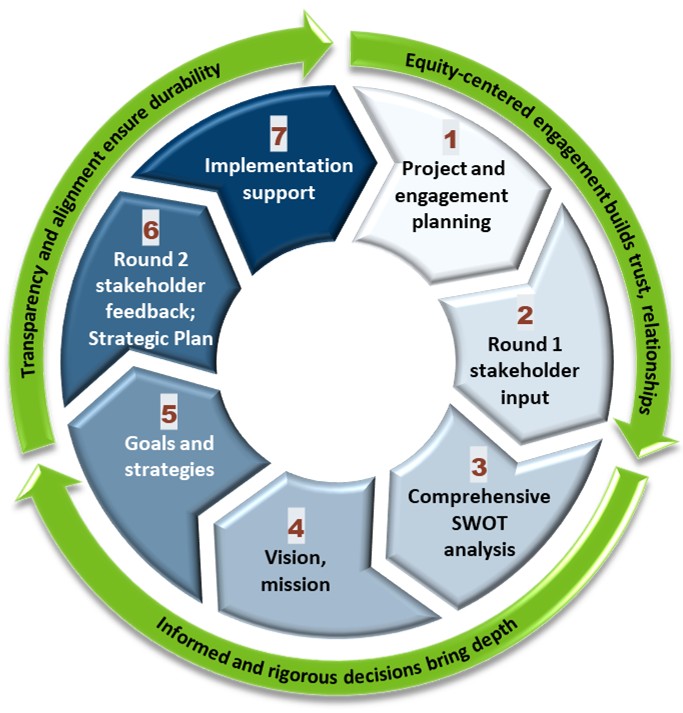Last Updated: 08/25/2025
-
Data, Statistics, and Legislation
Data, Statistics, and Legislation
Statistical reports, health economics, policy, and legislation. -
Diseases and Conditions
Diseases and Conditions
A-Z disease listing, diseases and conditions by type. -
Health Care Facilities, Providers, and Insurance
Health Care Facilities and Providers
Directories of facilities, professional certifications, health insurance and patient safety. -
Healthy Communities, Environments, and Workplaces
Healthy Communities, Environments, and Workplaces
Indoor air and drinking water quality, community prevention and emergency preparedness. -
Individual and Family Health
Individual and Family Health
Birth records, immunizations, nutrition and physical activity.


